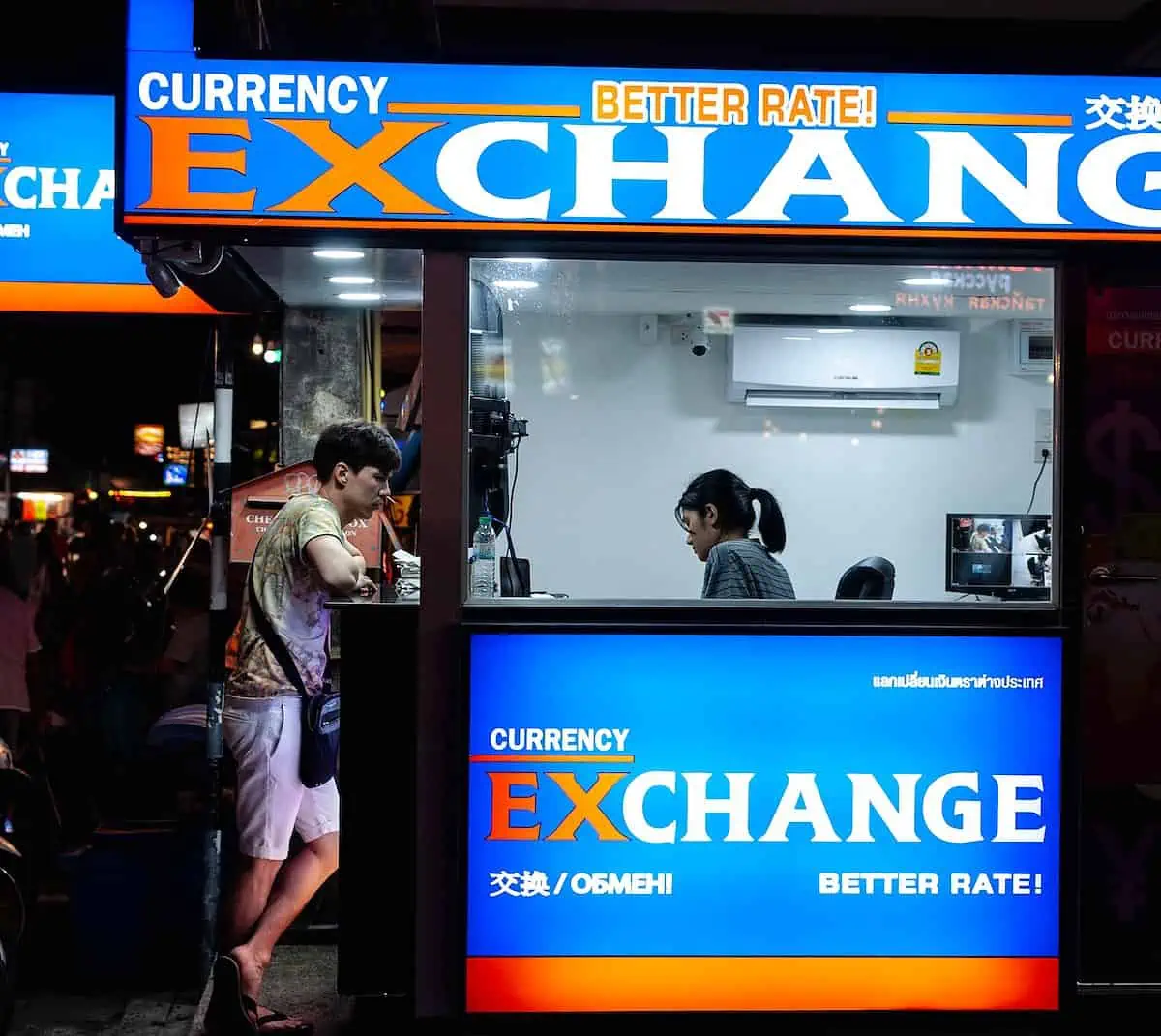Haiti entered a new chapter Monday as officials gathered to mark the Haiti Judicial Year 2025-2026. The ceremony highlighted not only legal tradition but also the country’s urgent need for reform. From courtrooms in Port-au-Prince to protests in Léogâne and Saint-Marc, the day’s events painted a vivid picture of a nation struggling to restore order and justice.
Prime Minister Alix Didier Fils-Aimé addressed the opening ceremony at the Supreme Court in Champ de Mars, praising the judiciary’s efforts and urging stronger institutions to uphold justice and the rule of law. Representing President Emmanuel Vertilaire, his adviser emphasized the need for a justice system that is fair, efficient, and respected—especially as Haiti faces ongoing threats to public security.
Following the ceremony, the Prime Minister visited downtown Port-au-Prince to observe the progress of cleanup projects meant to revive the city’s administrative district and encourage government offices to return.

Meanwhile, the Presidency confirmed that Laurent St-Cyr began an official trip to the United States and Japan on October 5. His first stop in Florida includes meetings with Haitian diaspora leaders, followed by participation in “Haiti Day” at the Osaka Expo 2025 in Japan on October 11.
In Saint-Marc, self-defense groups supported by residents forced schools to close in protest, demanding that authorities act against the Grand Grif and Kokorat San Ras gangs terrorizing lower Artibonite. The shutdown halted schools, banks, and businesses across the city.
The National Police Union (SPNH-17) mourned the sudden death of Charles Widensky, a 35th-promotion police cadet who died on his first day at the Police Academy under unclear circumstances. The union called for an independent investigation into the tragedy.
In Jacmel, Police Director Magalie Belneau honored six retiring divisional inspectors for distinguished service, highlighting the PNH’s commitment to discipline and excellence within its ranks.
With just four months remaining before the February 7, 2026 end of the Transitional Presidential Council’s mandate, political uncertainty looms large. The Karl Leveque Human Rights Center urged citizens to stay vigilant as insecurity worsens and election prospects remain uncertain.
Elsewhere, residents of Gressier and Léogâne blocked National Route 2 in protest against the removal of an armored vehicle previously used in anti-gang operations. Declaring that “Léogâne will not be lost territory,” demonstrators vowed to keep the road closed until the decision is reversed.
Despite the October 1 reopening of schools, many children remain home in gang-controlled zones. In Kenscoff, residents report constant gunfire, making education nearly impossible. The National Platform of Haitian Peasants warned that Haiti faces an “educational catastrophe” if urgent measures are not taken.
Meanwhile, SOS Journalistes renewed calls for help for journalist Jocelin Justin, still stranded in Cuba nearly a year after being wounded in the December 2024 attack near the General Hospital. Without surgery, medication, or financial aid, Jocelin remains in critical condition despite earlier government promises of support.
The Haiti Judicial Year 2025-2026 opened with optimism but underscored a reality of crisis and uncertainty. While leaders call for stronger institutions, everyday Haitians face insecurity, stalled education, and political fatigue. The next months will test the nation’s ability to transform its pledges of justice into tangible action.
Stay tuned for tomorrow’s update as Haiti continues its difficult path toward stability, reform, and renewal.



